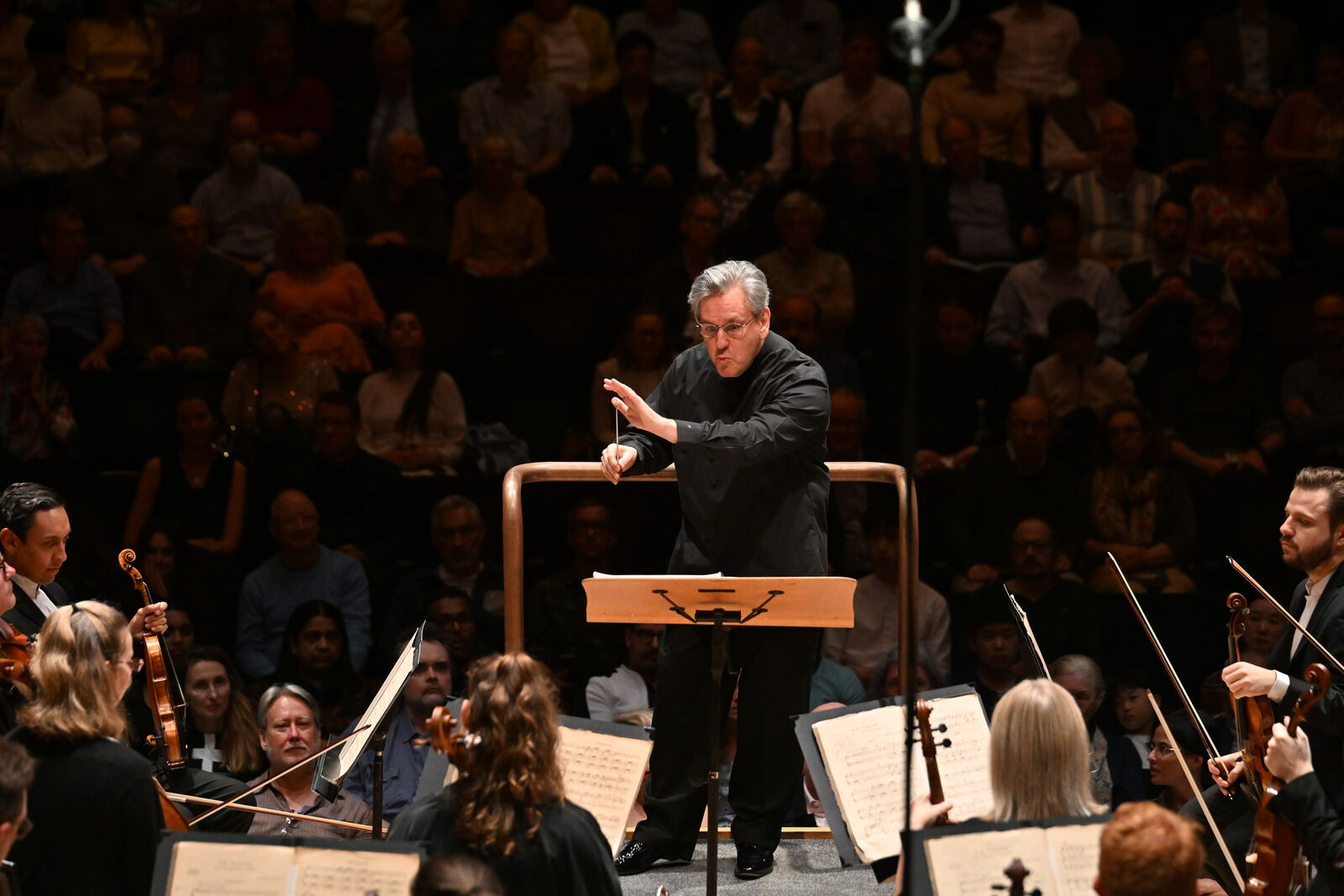Set in a convent, the advantage of a concert version of Puccini’s one act opera, Suor Angelica, is that no one has to wear a drab wimple. What we get is full glamour, and it is fabulous.
The programme begins with an early piece by Puccini, ‘Capriccio Sinfonico,’ which has the meandering quality of a film soundtrack. It’s easy to imagine it shifting from grand love affairs to perilous adventures. There is a second piece, ‘Juventus,’ by Victor de Sabata. Equally cinematic, it’s reminiscent of great sea battles, and gentle homecomings, with its more consistent swirlings. The London Symphony Orchestra, conducted by Sir Antonio Pappano, is perfect throughout both, bringing lightness and depth to the music which will continue into the main event.
After the interval, the opera begins in full. Opera, more than any other art form, is able to be camp in a way that doesn’t undermine the authentic emotion. The music is lush, sentimental, and romantic, while the libretto is a sympathetic depiction of a woman tormented by the cruelty of a misogynistic society. The kind of situation that was scandalous in 1918, the year it was first performed, and is sadly still resonant.
Carolina López Moreno, as the titular Sister Angelica, wears a gold dress that reflects the opening images of May’s light shining on the font in the convent’s austere courtyard. While nature is bursting with life, Moreno’s Angelica is withdrawn, gracious, and suffering horribly. She uses her expertise with medicinal plants to heal a nun who has been stung by wasps. That somewhat comical incident foreshadows the harrowing tragedy that will follow.
Later, she is visited by her aunt, played by Kseniia Nikolaieva, who sails on to the stage in an emerald green cape. She effortlessly moves between authority, viciousness, and hints of regret as she reinforces Angelica’s exile from her family for the sin of having an illegitimate child, and telling her that the cause of her disgrace, her beloved son, is dead.
Moreno excels at conveying pain and passion, singing a cry as naturally as breathing as she’s overcome with grief and begins her descent into madness. The Edinburgh Festival Choir shimmer in the background of the production like distant stars before coming into their own at the end for an incredibly moving display. There are tears, and, in that glorious counter to sadness that only the arts can provide.


Comments